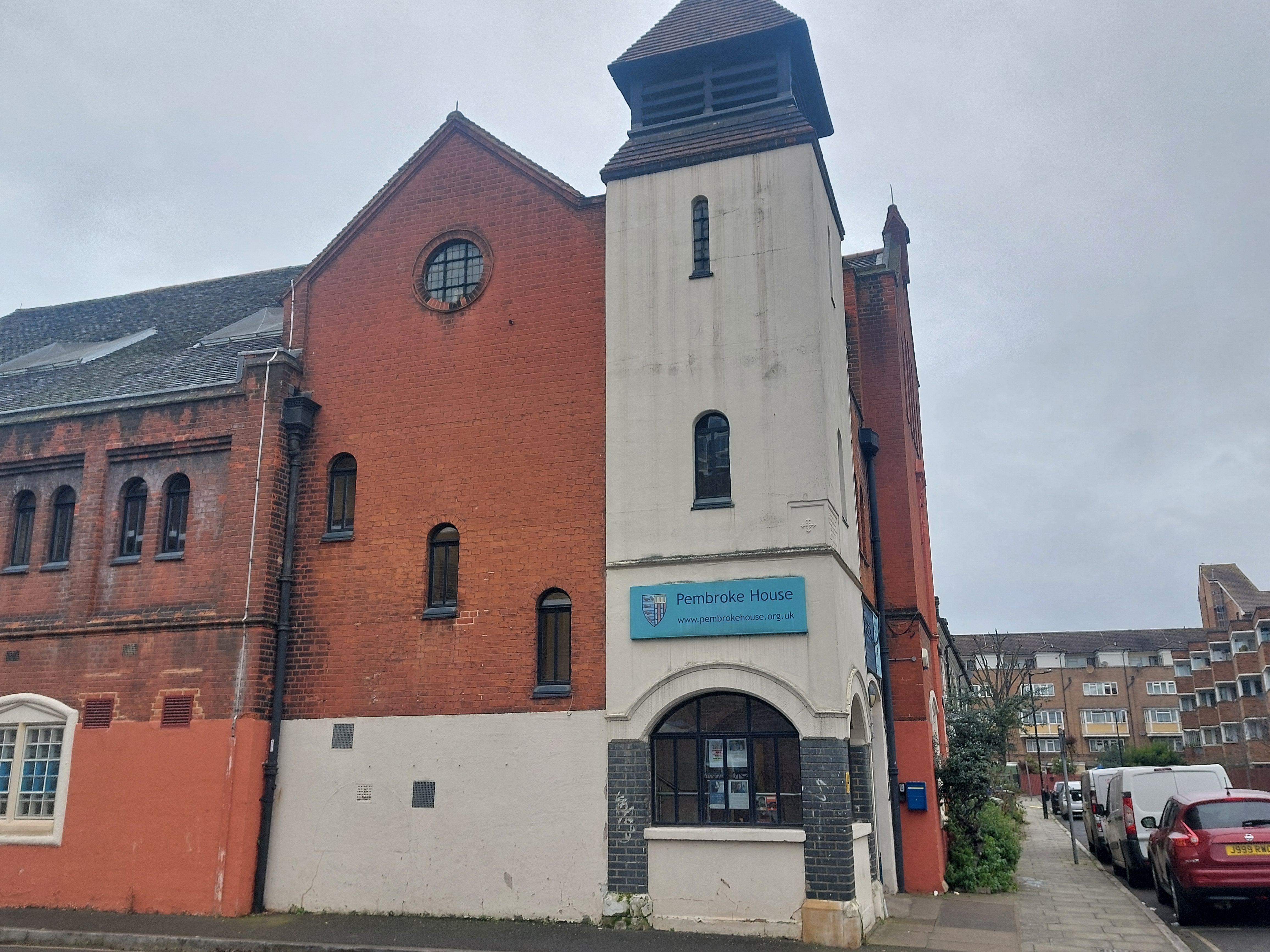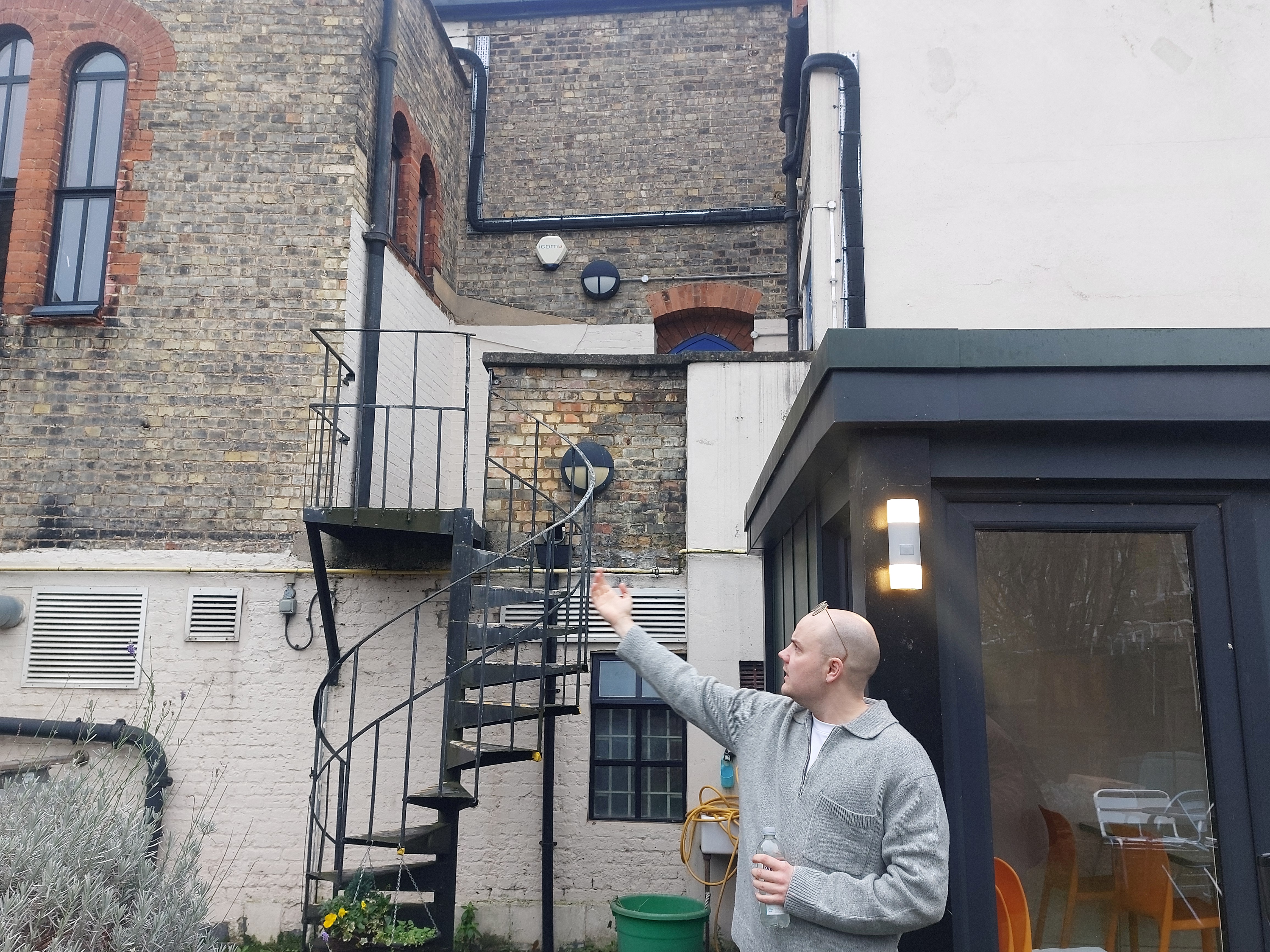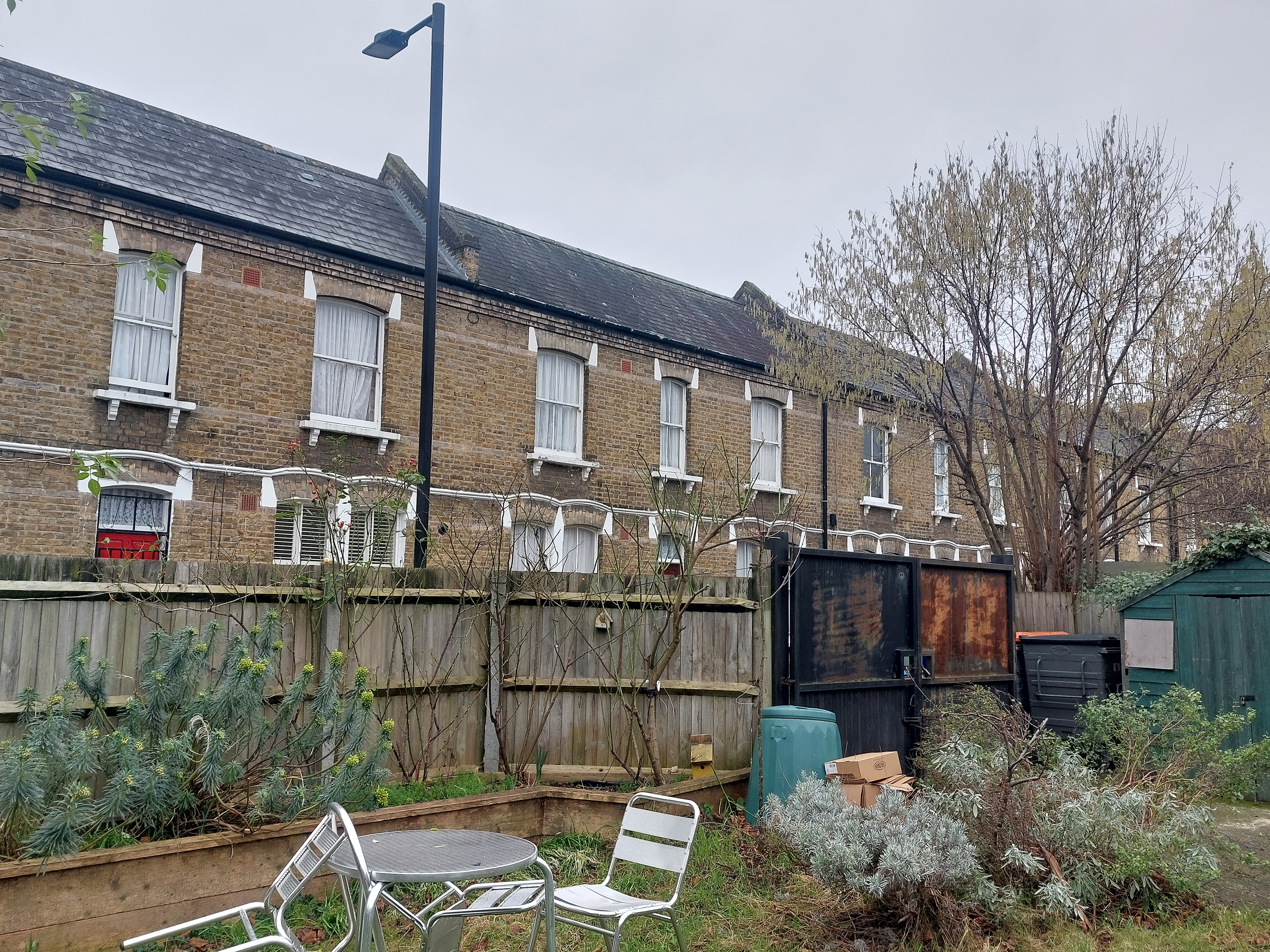Becoming Neighbours: the Story of Pembroke House Walworth
Pembroke House, founded in Walworth, south-east London, in 1885, is one of the world’s first settlement houses. Settlement houses have had a profound impact in British society, including influencing the development of the NHS and the welfare state.
Today, neighbourhoods are on the national agenda, and charities are seeking to expand ‘place-based’ ways of working. Settlement Houses provide a rich history from which we can draw ideas and practical applications to contemporary social policy. The project will use community-based research to inform a model for local residents about collaborative ways of overcoming socio-economic disadvantage.
This research is a scoping project for an oral history of the settlement’s residential volunteers, conducted by Dr Mattias Koli and Richard Galpin of Pembroke House and advised by Prof Katrina Navickas and Dr Daniel Grey. The output of this project will be 8-10 oral histories and a model to advise a larger application to the National Lottery Heritage Fund.

The settlement movement emerged during the 19th and 20th centuries in disadvantaged neighbourhoods across the UK and beyond. One of its core principles has been to offer residency: to live alongside local communities as neighbours and working together to seek innovative responses to social problems. Today, Pembroke House is unique as one of the few remaining settlements which continues to uphold an unbroken tradition of residency and community-building work in Walworth, south-east London. The project will capture this range of activities and link the history of Pembroke House to present issues of poverty, charity and volunteering through collaborative community-based methods and outputs.
The aim of this project is a scoping exercise of pilot research and oral histories of Pembroke House settlement. It is intended to kick-start a larger project (with intended application to NLHF), build the cohort, test & define the methodology and outputs. It is condensed over a short time scale of 1 October to 31 December 2024. The research will be conducted by Dr Mattias Koli, independent researcher, mentored by Richard Galpin, Partnerships director, together with Prof Katrina Navickas and Dr Daniel Grey, who will contribute historical research and provide oral history training and historical resources on the settlement movement’s broader history for Dr Koli and the community volunteers.
This project will trial a community-based, oral history approach to creating a project with real impact both for the history of the university settlement movement (and of philanthropy and education more generally), and for the residents of the community and the wider neighbourhood.
Outputs:
⮚ 8-10 oral histories of volunteers conducted and recorded
⮚ Scoping report to be presented to the AGM in November 2024
⮚ Initial planning by community researchers of podcast and digital heritage archive
⮚ Development of cross-disciplinary model of methods
⮚ National Lottery Heritage Fund grant application
Impact:
The project will draw analysis and conclusions about the experiences of residents and the local community to inform contemporary social policy about ‘place-based’ ways of working, informing a model of community-based co-operation and volunteering to develop solutions to the major social and economic issues facing low-income neighbourhoods in London and elsewhere.
It will develop collaborative methods with community participants, develop their self-confidence, training in oral history, and knowledge of the settlement’s history; develop place making through promoting heritage of Pembroke House together with external stakeholders including Southwark Archives and the Walworth Society; and build a community of people who are connected through common experience and can support the long-term sustainability of Pembroke House.


